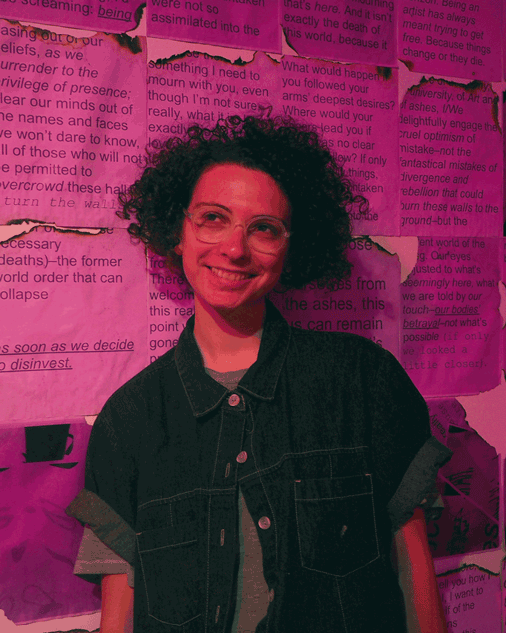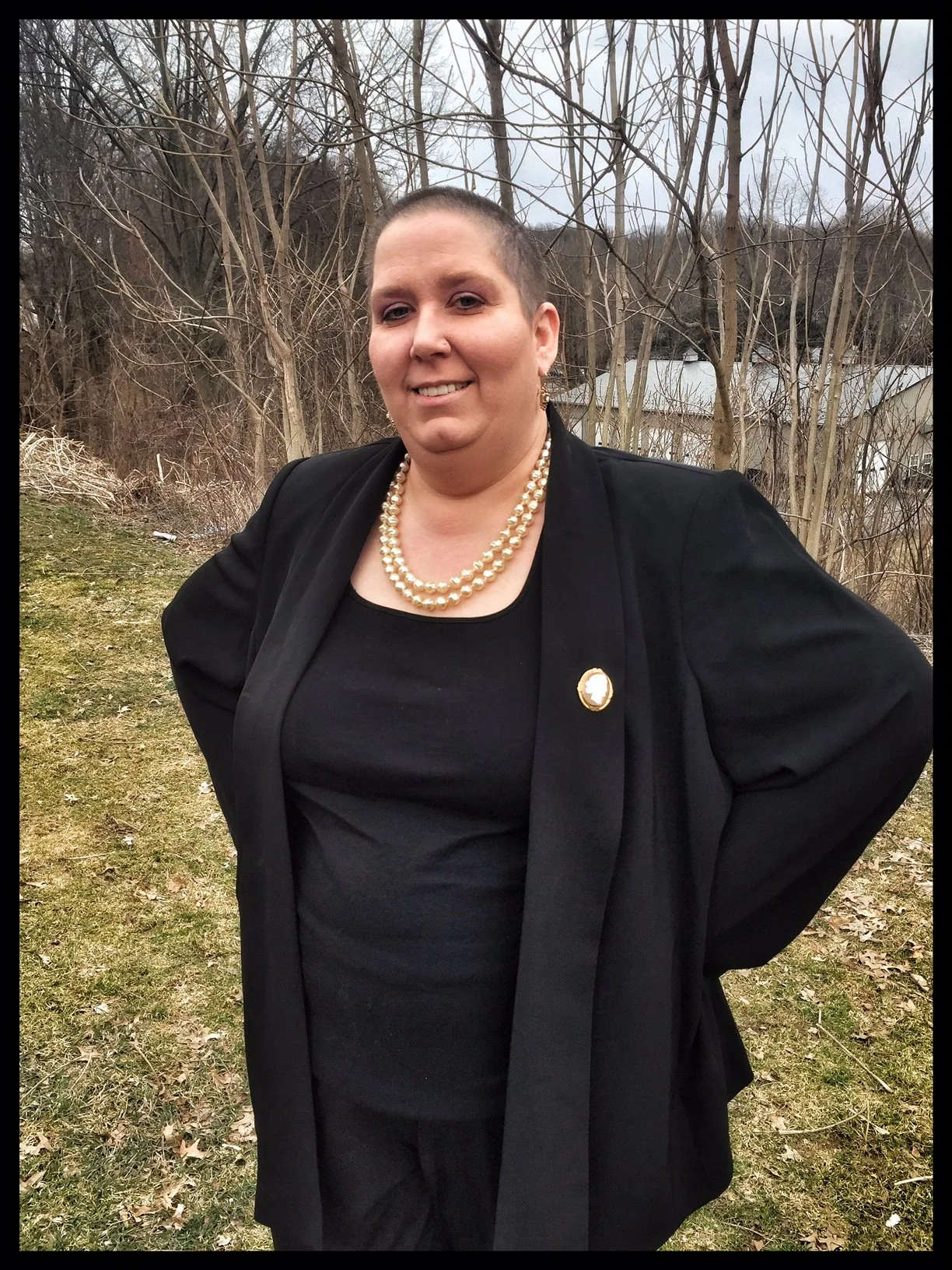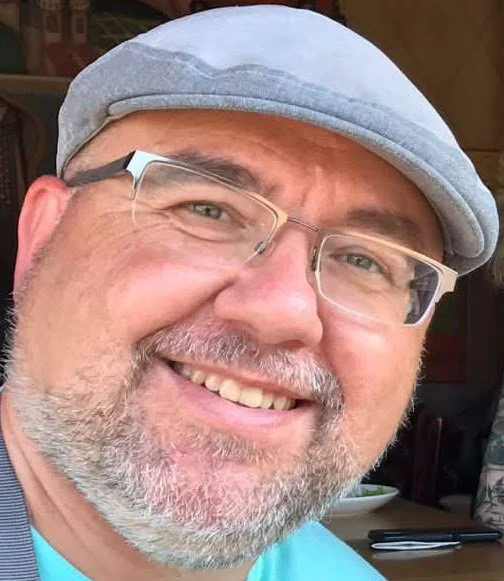“Sephardic Culture: An Introduction”
Mediterranean Studies Summer Skills Seminar
7—10 July 2025 • Remote
The Summer Skills Seminar, “Sephardic Culture: An Introduction” will convene via Zoom from Monday, 7 July to Thursday, 10 July 2025 each day for 2 hours (8-10 PST), break for 1 hour (10-11 PST), and reconvene for 2 hours (11-1 PST).
Course overview
This Summer Skills Seminar provides participants with the an overview of main currents in Sephardic Studies including historial and cultural trends, texts, sources for the period 900-1700 CE, and attending to the potential of this field to enhance your own research and teaching. It is designed with academics in mind, particularly graduate students, postdocs, and professors working in disciplines such as history, literature, religious studies, but all intersted parties are welcome to apply. Participants will receive a completion certificate which may be listed on your CV and other documents such as grant/fellowship applications. The seminar is held via zoom over four days, with two two-hour sessions each day. Particpants are expected to prepare readings in advance of the sessions, which will be a blend of lecture, pair and group discussion, group close readings, and in-class activities.
The Jewish Communities of the Iberian Peninsula left behind a rich legacy in historical documentation and writings in the area of rabbinics, polemic, poetry, historiography, travel narrative, mysticism, philosophy, and more. Their expulsion from Spanish territories at the end of the fifteenth century lead to a diasporic network of communities in the Mediterranean, Western Europe, and beyond (The Americas, Africa, Asia).
This four-day intensive skills seminar will provide participants with a broad overview of main historical and cultural trends of Premodern Sephardic Studies paired with close readings of representative texts in English (versions in original languages and/or Spanish will be also made avaialable). The seminar is organized both chronologically and generically: we will trace the development of poetry, prose, historiography, and mysticism from Sephardic al-Andalus (900-1200), to Sephardic Christian Iberia (1200-1500), to the Sephardic Diaspora (1500-1700).
The goal is to provides attendees with a basic preparation for including Sephardic sources in teaching and research and provide them with a bona fide (in the form of a certificate of completion for those who attend the full seminar), which may be advantageous in securing grants or other funding for research and travel. Preparation in Sephardic studies can be a way for scholars working in Hispanic, Mediterranean, or Jewish studies (or other fields) to distinguish their research and/or teaching profiles, and put them in discussion with new interlocutors.
This Summer Skills Seminar builds on the experience of earlier editions, which participants signaled as “transformative” in terms of their research, and which provided them with an opportunity to network and lay the foundations for future collaborations. For information and participant reviews of our former Skills Seminars (Ladino/Judezmo & Aljamiado) see here.
Faculty
The course will be conducted by Prof. David A. Wacks (Romance Languages, University of Oregon; PhD UC Berkeley 2003), Harry Starr Fellow in Jewish Studies (Harvard, 2006), and recipient of the 2015 National Jewish Book Award in the category of Sephardic Culture. His research focuses on the literary footprint of the confluence of Judaism, Christianity, and Islam in the Iberian Peninsula and Sephardic Diaspora. He blogs on his current research at davidwacks.uoregon.edu.
Program
Monday, 7 July 2025: Sephardic al-Andalus (900-1200)
Session 1
• Meet and Greet
• Goals of the workshop
• Andalusi Hebrew Poets and al-Harizi
Session 2
• Ibn Daud and Ibn Gabirol
Tuesday, 8 July 2025: Sephardic Iberia (1200-1500)
Session 1
• Zohar
Session 2
• Ardutiel and Arragel
Wednesday, 9 July 2025: Sephardic Diaspora (1500-1600)
Session 1
Discussion: Overview of historical trends, language use
Activity: Trace development in genres and situate in broader context
Session 2
Activity: Revisit sources, research, pedagogy
Thursday, 10 July 2025: Sephardic Diaspora (1600-1700)
Session 1
• Marrano poets and Cardoso
Session 2
• Outcomes for research and pedagogy (courses, projects, etc.)
Participants said:
• “It was fascinating. I knew a tiny bit but I have a Medieval Degree, I've taken classes on Medieval troubadours and poetry, even the inescapable class on the crusades, but we never learned about the thinkers and poets from Al - Andalusia that also participated in the literary traditions of the times. It is, I realize now, as I realized after day 1 of the class, a glaring lacuna. Now, granted, I focused mostly on theology as that was my ultimate trajectory but still...I only knew about some of the intellectual we studied because I read copiously. This class was. A) riveting and B) really helped to fill that aforementioned lacuna. I also really liked that the class was small. there were only about five of us.”
• “Dr. Wacks was awesome. He was so very knowledgeable and SO generous with his time, with answering our questions (during the course and by email) and especially with his willingness to share his resources *and* to become a resource for us as e continue our journey. To give you some idea: I had a severe and severely painful sciatica flare on day three and four of the course and refused to leave. I could have skipped a morning and probably would have felt better but his class was so interesting that I didn't want to, even when I couldn't walk well and was in screaming pain. Every day was filled with such new information and he is a very good teacher -- he really draws one in to the worlds about which we are learning.”
• “David was professional, knowledgeable, but humble enough to express his own unknowns and even be open to accept different interpretations. He was amicable and even entertaining.”
• “I am already in the process of revising two syllabi to incorporate much of what I have learned.”
Participants
kimi malka hanauer (Communication Design, Pratt Institute)
kimi malka hanauer is an artist, publisher, facilitator, and writer. kimi is a founding collective member of publishing initiative, Press Press (est. 2014), and steward of nomadic education project, Center for Liberatory Practice & Poetry (est. 2021). In their practice, kimi cultivates poetic and material interventions into the intimate operations of imperial fields of power. Through various responsive forms, such as organizations, installations, texts, videos, programs and printed matter, they iterate methods and resources for scaffolding autonomous communities.
ungovernable, their most recent exhibition presented at Printed Matter in New York, explored and rehearsed practices of noncooperation and collectivization that look to undermine imperial modes of order, time, and history. The project is grounded in the hanauer’s everyday archive of time stolen back, an emergent archive and essay, co-published by the Vera List Center for Art & Politics, which takes as its point of departure poet and author Mahmoud Darwish’s ode, “Eleven Stars Over Andalusia.” Other recent publications include Toolkit for Cooperative, Collective, & Collaborative Cultural Work, Commune Diverge Shift Connect, “one final dance, in loving destruction, the coalition emerges,” among others.
As an Assistant Professor at Pratt Institute’s Graduate and Undergraduate Communication Design Departments, kimi teaches courses in independent publishing, critical theory, research-based and collective cultural practices. kimi was a studio fellow at the Whitney Independent Study Program (’24), earned an MFA in Interdisciplinary Studio from the University of California, Los Angeles (’21), and a BFA in Interdisciplinary Sculpture from the Maryland Institute College of Art (’15).
Kira Robison (History, University of Tennessee at Chattanooga)
I am an Associate Professor and Department Head of History at the University of Tennessee at Chattanooga. I specialize in later medieval history, and my current research focuses on the use of the medico-magical practices of face- and palm-reading by academic physicians—right now I am investigating Girolamo Manfredi’s discussion of physiognomic causes in his little treatise, Il Perche. My book, Healers in the Making (2021), explored medical education at the University of Bologna from the thirteenth to the sixteenth centuries, with an eye to both the wider intellectual milieu of the medical curriculum and the specific influence exerted on it by the civic context of the students and professors of medicine in Bologna. My teaching for the department covers from the ancient Near East and Mediterranean to medieval Europe. I received my Ph.D. from the University of Minnesota’s History Department in 2012, and I hold two MAs (Religious Studies and History) from the University of Denver.
Galina Krasskova (Theology, Fordham University)
Galina Krasskova is a doctoral candidate in the department of Theology program at Fordham University. A professional ballet dancer before moving into academia, she specializes in late antique and early medieval Christianity. Her research explores the intersection of pain, devotion, and the early Christian body. Galina has an extensive background in Classics and holds an MA in Religious Studies from New York University and an MA in Medieval Studies from Fordham University.
Juan Carlos Toledano Redondo (Hispanic Studies, Lewis & Clark)
Founder and co-editor of the academic journal Alambique: Academic Journal of Science Fiction and Fantasy in Spanish andPortuguese, Juan Carlos Toledano Redondo (Adra, España, 1971) has dedicated most of his research life to investigating the relationship between the Castro(s) regime and Cuban science fiction production. He has published a variety of academic articles and reports on Cuban, Caribbean, and Argentine science fiction; these include: “Lo que se llevó el ciclón del 16 en la Cuba ciberpunk Undergüater de Erick J. Mota” (Co-herencia, 2019), “Daína Chaviano's Science Fiction: a Very Terrestrial Grandmother” (Lingua Cosmica: Science Fiction from Beyond the Anglophone Universe, 2018), Ed. Dale Knickerbocker, and "From Socialist Realism to Anarchist Capitalism: Cuban Cyberpunk" (2005, Science Fiction Studies). Toledano has also participated in the development and academic presence of science fiction written in Spanish, presenting his work in conferences in different countries around the world, and collaborating in different collective projects, such as Recalibrando los circuitos de la máquina: ciencia ficción e imaginarios tecnológicos en la narrativa hispánica del siglo XXI (2022) and The Peter Lang Companion to Latin American Science Fiction Studies, edited by Silvia G. Kurlat and Ezequiel de Rosso (2021). In recent years, Toledano has focused on creative writing and teaching, adding a class on Spanish nationalisms to his curriculum and planning a future class on the Sephardic diaspora. See a more detailed CV here.
Ethan Zeligson (Spanish and Portuguese, Temple University)
Ethan earned two BAs in Modern Languages & Linguistics and Spanish from Rowan University and is currently pursuing an MA and PhD in the Department of Spanish and Portuguese at Temple University in Philadelphia, Pennsylvania. His recent research focuses on Hispanic and Sephardic Jewry, from medieval coexistence in Iberia to contemporary experiences in the Americas in the 20th and 21st centuries. His theoretical approach draws on exile, diaspora, trauma, violence and post-memory studies, drawing from thinkers such as Shoshana Felman, Dori Laub and Marianne Hirsch. He has investigated and written on medieval Jewish-Christian-Muslim relations, Jewish exile during Argentina's dictatorship (1976-1983) and the representation of Jewish identity and trauma in Hispanic short (non)fiction. His work remains unpublished.







